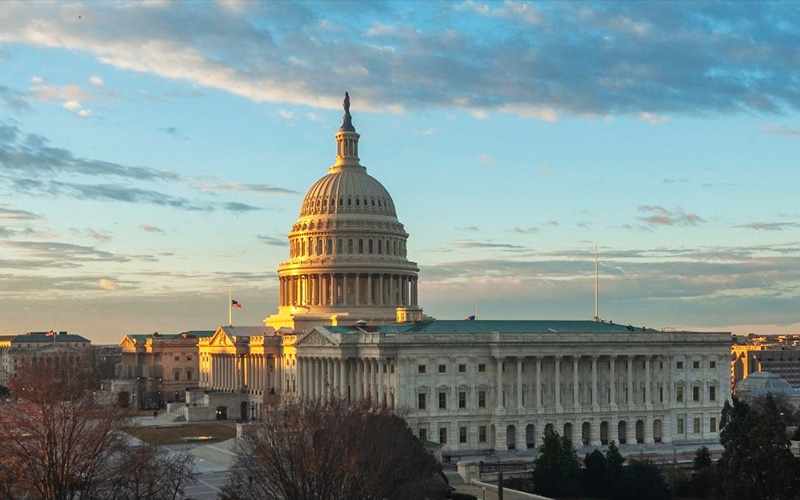The U.S. Senators Kirsten Gillibrand and Cynthia Lummis have announced a bipartisan bill titled, ‘Responsible Financial Innovation Act’ in an attempt to regulate the crypto industry by classifying them as commodities.
“The Lummis-Gillibrand framework will provide clarity to both industry and regulators, while also maintaining the flexibility to account for the ongoing evolution of the digital assets market,” said Gillibrand in a press release.
The bill classifies the vast majority of digital assets as commodities, which would be regulated by the Commodity Futures Trading Commission (CFTC) and not the Securities and Exchange Commission (SEC), as some had expected.
The bill treats all digital assets as ‘ancillary’, unless they are issued by a corporation to attract investors to build a capital pool, like securities.
Unless digital coins and crypto entitle the holder to the privileges enjoyed by corporate investors like dividends, liquidation rights or a financial interest in the issuer, they will not be treated like traditional securities under SEC scrutiny.
The bill provides certain tax exemptions that would shield stablecoin holders from having to report income changes each time they make a purchase with any digital currency.
These disclosures would inform investors about the issuers’ experience in developing digital assets, the price history of issuers’ prior assets, anticipated costs, and descriptions of the management teams and liabilities of each issuer.
The bill is the product of a bipartisan (Gillibrand is a Democrat from New York who sits on the Senate Agriculture Committee, and Lummis is a first-term Republican from Wyoming on the Banking Committee) effort and months long collaboration between the House and Senate.
Read Also: US Senator Lummis Discloses a Bitcoin Purchase Worth up to $100,000
The bill was formed after discussions with fellow senators, including Republicans Minority Leader Mitch McConnell and Pat Toomey, as well as Democrats like Ron Wyden. Republican Ro Khanna, a Democrat who represents Silicon Valley also participated.
The offices of Gillibrand and Lummis branded the bill as a “landmark bipartisan legislation that will create a complete regulatory framework for digital assets that encourages responsible financial innovation, flexibility, transparency and robust consumer protections while integrating digital assets into existing law.”
The staffers also mentioned that even though the bill is a culmination of inputs from both parties of the country, its size and complexity could force lawmakers to break it up and attempt to pass its components piece by piece.






